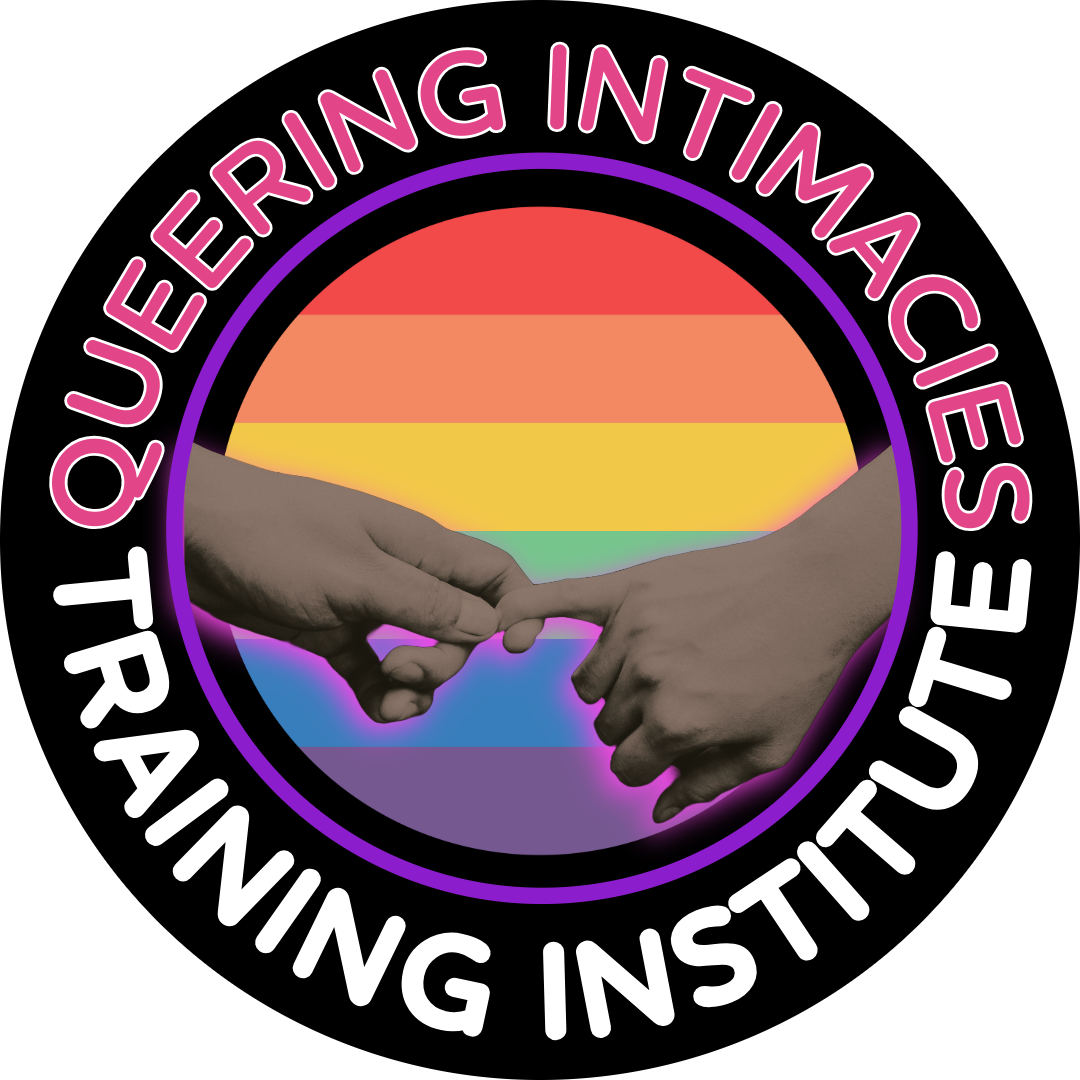Saturday 11/15/25
Workshops and Presenters
Intimate Partner Violence and Attachment Centered Healing
Molz Wirtz-Wold and Keely Helmick
In this section you will learn about how intimate partner violence shows up in the therapy room, and appropriate interventions to support clients navigate complicated mutually aggressive patterns of relating. Traditionally, violence in relationships was seen a contraindicator for couples therapy, which can means struggling couples are referred out without anyone to refer to. Learn to recognize the difference between intimate terrorism - or a dynamic where one partner feels disempowered, afraid, and where the fighting is not occurring in instances where both parties have equal power vs situational violence where both parties are having unskillful moments of relating. Many times our clients are using the tools or skills they saw their own attachment figures demonstrate as they were growing up, and simply don’t have a substitute or opportunity to be taught more effective strategies. Clients often express shame at their patterns of relating, and a therapist’s ability to create a space where shared accountability can also be paired with self compassion in order to break the shame, blame and explode cycle.
Learning how to differentiate between situational partner violence and intimate terrorism, the latter being not appropriate for couples/relationship counseling interventions.
Learn how to identify with your clients their attachment wound triggers that can result in IPV, and how to play an active role in session as an attachment figure to facilitate healing and growth.
Make plans on who to consult with on a regular basis when you have clients who are showing intense and at times overwhelming actions, learn how to process how your own attachment triggers may be showing up session.
Objectives:
Learn how to differentiate between situational partner violence and intimate terrorism.
Learn how to maintain a referral network for times when couples work is inappropriate.
Create a treatment plan using your therapy modality that follows the framework of accountability and self compassion.
After this session, clients will have the ability to know when they can continue to work with clients safely, or when they need to refer out.
Participants will create a consult list of peers or supervisors they can check in with to process their own experiences, and ensure they are following best practices for both clients’ sake and therapists’ liability.
More Than Ebony and Ivory: Sex therapy with queer interracial relationships.
Anne Mauro
In this session, participants will gain valuable insight into addressing multicultural complexities within queer relationships. This presentation is grounded in ethnosexuality and encourages the attendees to examine the intersection of race and sexuality and the impact it may have in the therapeutic space. Through interactive discussions, case studies, and practical strategies, attendees will have the opportunity to navigate positionality within sexuality when working with queer interracial clients. We will explore how we can give clients a safe place to discuss these two challenging topics, sex and race. Whether you're a seasoned sexological provider or new to the field, this presentation offers valuable perspectives for enhancing your practice and supporting the diverse needs of relationships in today's ever increasing multicultural society.
Objectives:
Describe one historical event that has had lasting impacts on interracial relationships.
Increase media literacy as it pertains to queer interracial relationships.
After this workshop, attendees will be able to explain the concept of ethnosexuality.
After this workshop, attendees will be able to name skills needed for integrating sex therapy techniques into work with queer interracial relationships.
Define and discuss self-of-the-therapist issues that arise from the presentation activities and experiences.
Understanding and Demystifying the Erotic Practices Among Muslims
Bina Bahkiar
Culture, religion, and spirituality have always existed and continue to shape our human experience and yet, Western sex therapy practices rarely include an affirming spiritual connection for Muslim community members. This session will invite an examination into practices by Muslims that welcome in pleasure, joy, and wholeness and demystify harmful Orientalist stereotypes. By the end of this session participants will be able to identify the diverse practices and interpretations of Islam among Muslims across the globe.
Javay Frye-Nekrasova
Workshop Description
Communication looks so different when you step away from the cis-hetero-patriarchy. Come and unlock the secrets to effective, open, and honest communication for queer folks, ENM & polyamorous relationships, and decolonized intimacy. This workshop illuminates the differences in communication between queer relationships and straight relationships. In this workshop, you will learn how communication can be enhanced individually as a skill and collaboratively in relationships in ways that can be applied by you personally in your life or in practice/education with clients.

